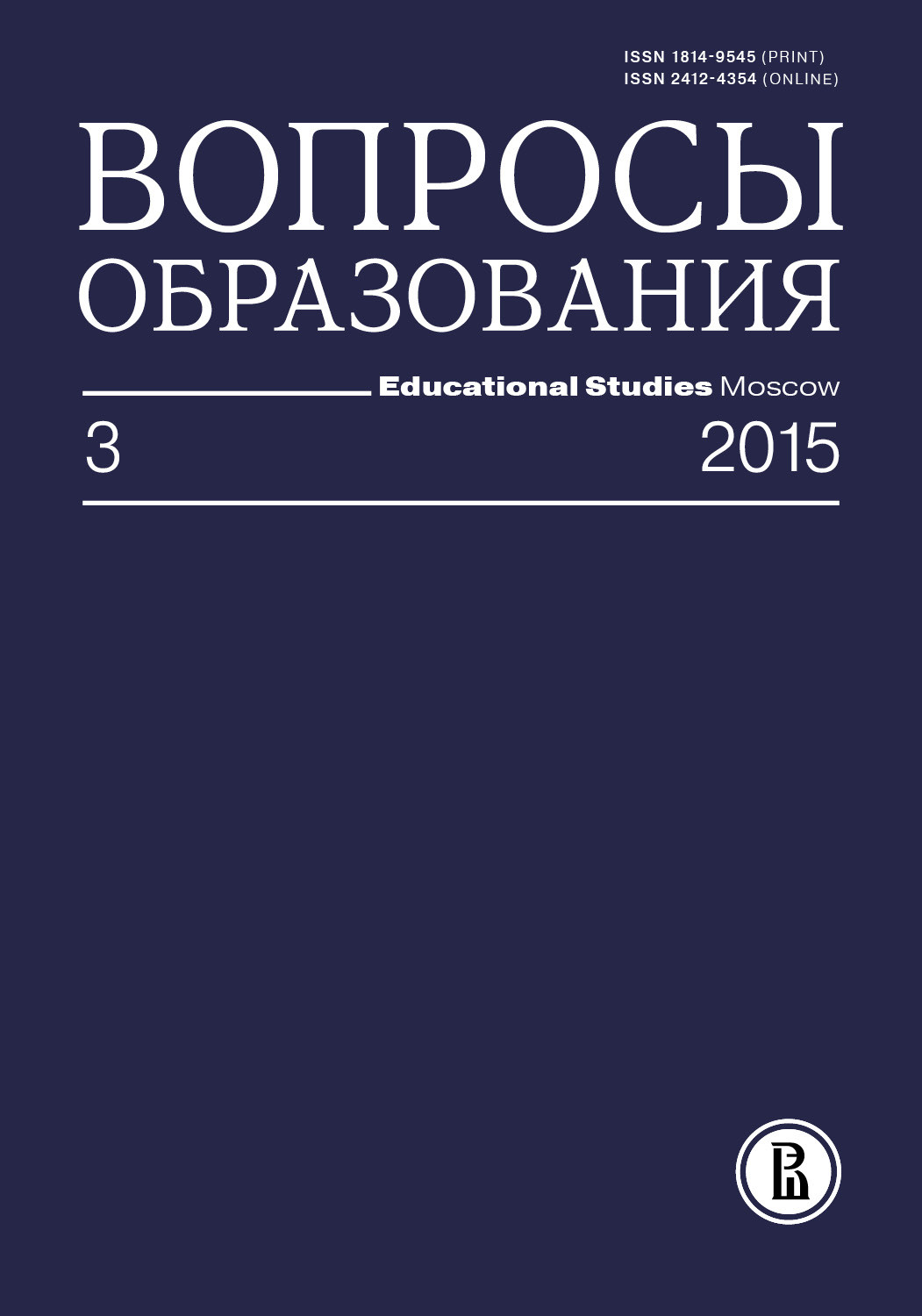Project Activities at School: Unused Opportunities
Abstract
We discuss ways to engage students in projects efficiently. The existing practice in most schools is inconsistent with the goal the project method seeks to achieve, i. e. with thinking development. In reality, projects are replaced with «themed» reports, i. e. pseudo-projects. Consequently, the goal of thinking development is replaced with that of knowledge enhancement. Meanwhile, the progress in pedagogy, psychology and project science allows for rethinking the project method and applying it using the existing theoretical base, which we find indispensable. Based on the activity theory of thought, we identify the genesis of mental actions required to engage students in project activities: being an agent executing such practical action, representativeness of the cultural method of execution, and reflection on the method. Contemporary project practices are a universal way of defining and solving problems that may be applied in any sphere of human life. They provide massive opportunities for intellectual development of students, offering tools that may be used to master important skills: setting cognitive and practical tasks; analyzing problem situations; projecting goals; developing and verifying hypotheses; planning achievement of goals; evaluating one’s own decisions and making justified choices; working in a team effectively. These opportunities require that prerequisites for mastering mental actions should be provided. We develop a teaching package that includes a project study guide for students and recommendations for teachers to organize the learning process in a project form.









